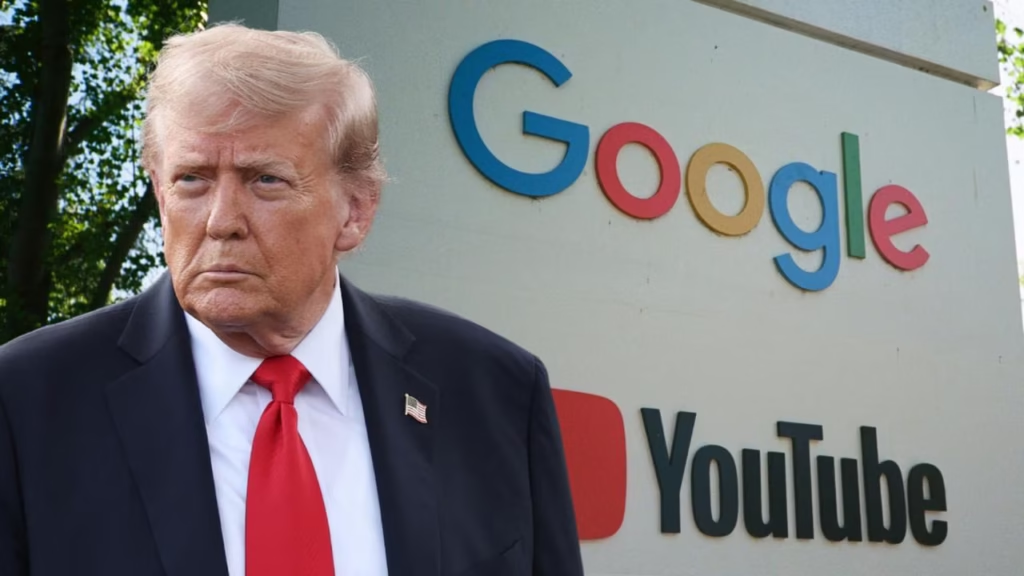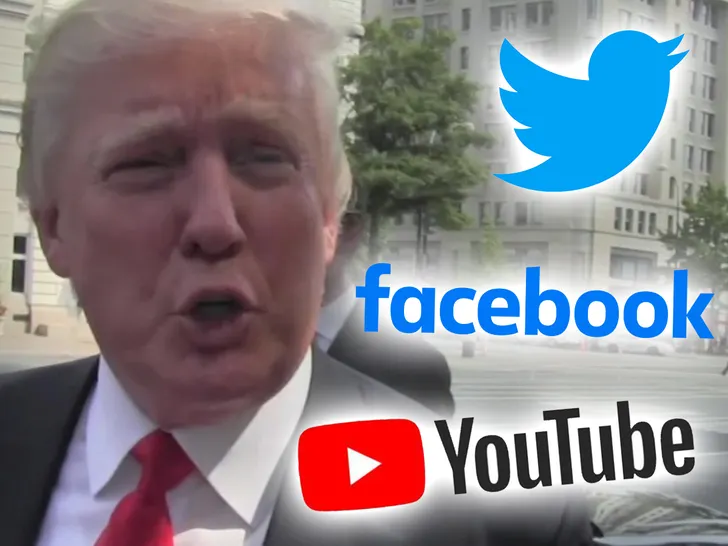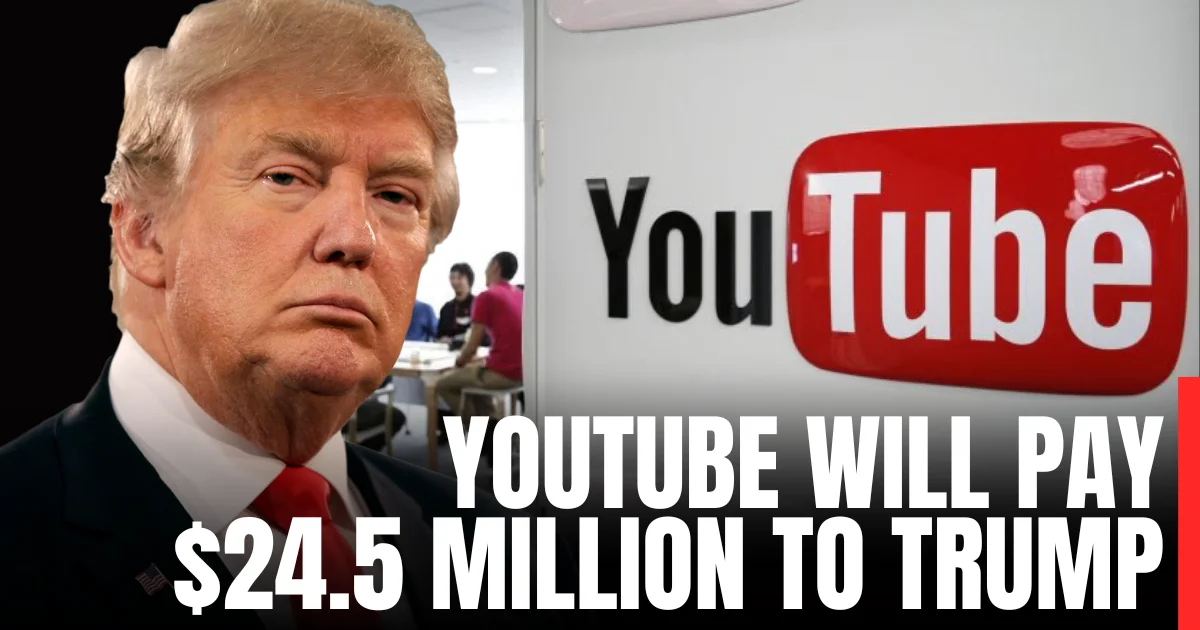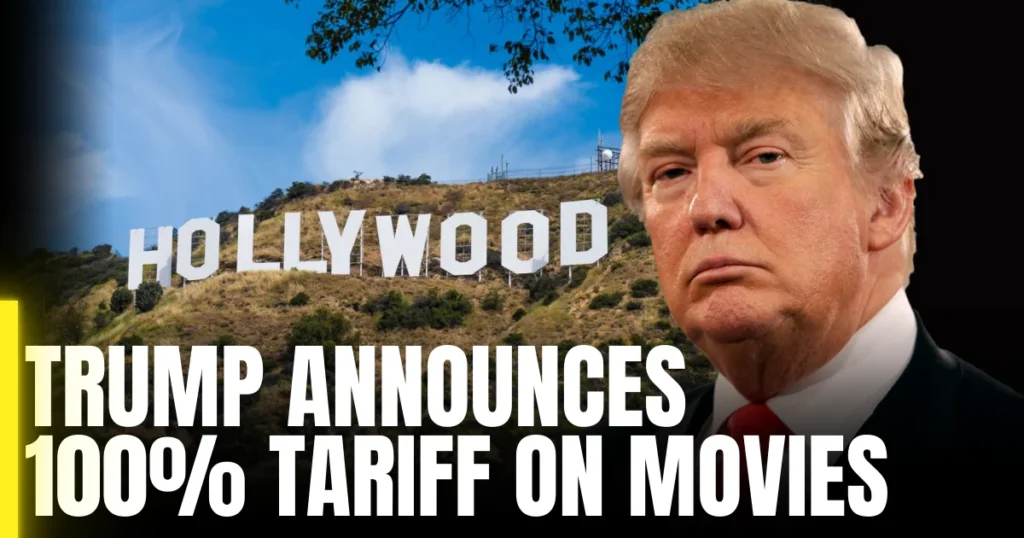YouTube will pay $24.5M to settle Trump’s lawsuit over his suspension. Learn what this means for Big Tech, politics, and free speech. Read more.
Table of Contents
YouTube to Pay $24.5 Million to Settle Trump Lawsuit
Introduction
YouTube has agreed to pay $24.5 million to settle a lawsuit filed by President Donald Trump following his suspension from the platform after the January 6, 2021 Capitol riots. The settlement makes YouTube the final Big Tech company—alongside Meta and X (formerly Twitter)—to resolve its legal battle with Trump.
The agreement signals not only the end of a high-profile dispute but also raises new questions about the future of social media regulation, free speech, and politics in the U.S.

YouTube’s $24.5M Settlement: What Happened?
According to court documents, the Alphabet-owned video giant will:
- Pay $22 million to the nonprofit Trust for the National Mall to support the construction of the White House State Ballroom.
- Pay $2.5 million to other plaintiffs, including the American Conservative Union.
Trump celebrated the decision on Truth Social, calling it a “MASSIVE victory proving Big Tech censorship has consequences.”
Big Tech and Trump: The Broader Picture
This is not the first settlement:
- Meta (parent of Facebook and Instagram) paid $25 million in January.
- X (Twitter) settled in February for around $10 million.
Originally, Trump’s accounts were suspended because his posts were deemed to potentially incite further violence. Legal experts at the time argued that private tech platforms are free to enforce their own community guidelines.
Yet, these settlements come at a time when tech companies are shifting their approach toward Trump and Republican interests.
Why Big Tech is Reversing Course

- Elon Musk’s acquisition of X in 2022 led to Trump’s account reinstatement.
- Meta restored his accounts in February 2023.
- YouTube followed in March 2023.
Now, platforms are not only reinstating banned users but also loosening content moderation rules, especially around sensitive topics like election results.
Recently, YouTube announced it would reinstate some accounts previously banned under its misinformation policy, stressing that it “values conservative voices” and their role in civic discourse.
What This Means for Politics, Tech, and Free Speech
The settlements highlight three critical shifts:
- Tech Companies and Politics: Big Tech is becoming more careful in balancing political influence, especially with Trump back in office.
- Monetary Impact: Combined settlements with Trump surpass $59 million across platforms, showing the financial stakes of these disputes.
- Free Speech vs. Moderation: The line between protecting free speech and curbing harmful content is becoming even blurrier.
FAQs
1. Why did YouTube suspend Trump’s account?
YouTube suspended Trump in January 2021 after his posts during the Capitol riot were seen as potentially inciting more violence.
2. How much is YouTube paying to settle Trump’s lawsuit?
YouTube will pay a total of $24.5 million — $22M to the Trust for the National Mall and $2.5M to other plaintiffs.
3. Did other social media companies also settle with Trump?
Yes. Meta settled for $25M, while X (formerly Twitter) settled for around $10M earlier this year.
4. Does this mean Trump is back on YouTube?
Yes. YouTube reinstated Trump’s account in March 2023, alongside other platforms like Meta and X.
5. What does this mean for free speech online?
The settlement raises ongoing debates about whether tech platforms should act as neutral hosts or enforce stricter content moderation policies.
Conclusion
The $24.5 million YouTube settlement marks the end of Trump’s legal battles with Big Tech and reflects a broader shift in how social media companies handle political speech. With platforms rolling back moderation rules and restoring banned accounts, the debate over free speech vs. censorship is far from over.
👉 Do you think Big Tech should regulate political speech more strictly, or let all voices be heard? Share your thoughts in the comments below.

